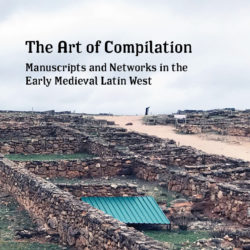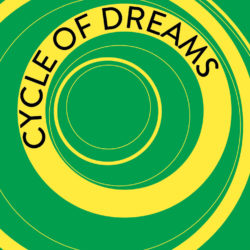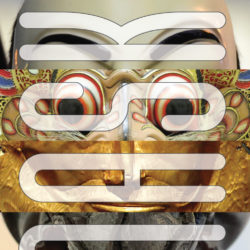The Art of Compilation: Manuscripts and Networks in the Early Medieval Latin West
Imprint: Gracchi Books
Published: 03/04/2025
The Art of Compilation: Manuscripts and Networks in the Early Medieval Latin West interrogates the medieval manuscript book as a dynamic, constantly changing object entangled in intellectual and cultural networks, constructed and deconstructed by different people, and transmuting in form and meaning over time. Medieval manuscripts are not static, permanently bound, and delimited, but rather[…]








